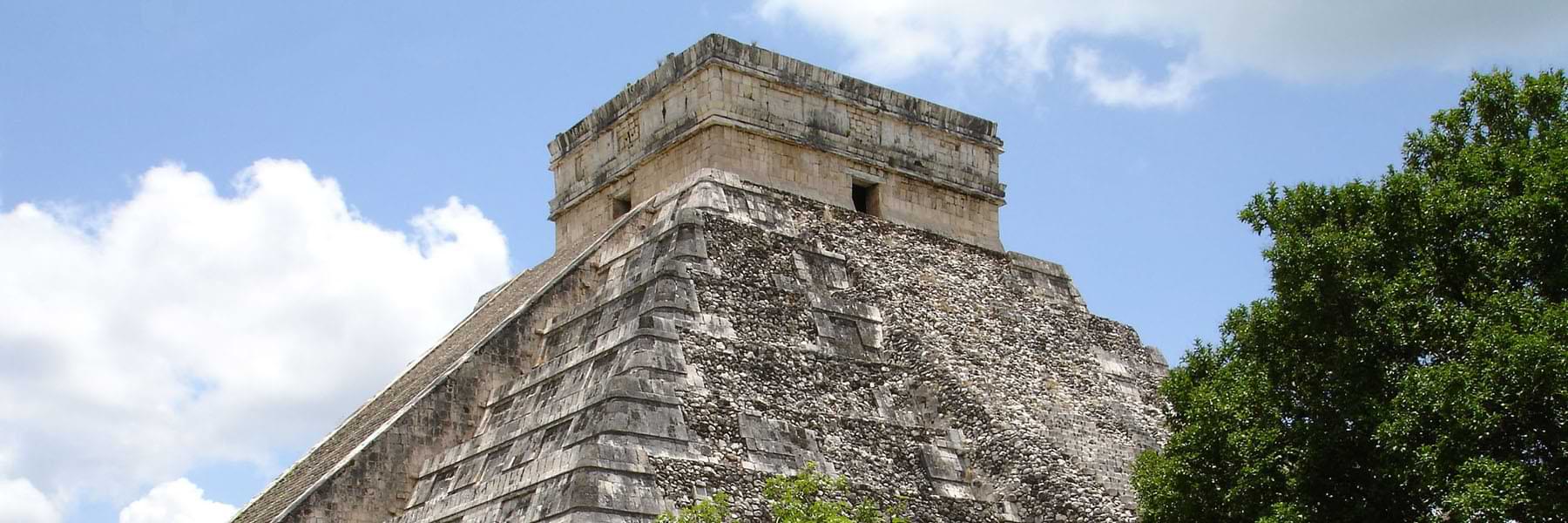The Archivo Mesoamericano is a digital archive of annotated historical and ethnographic video materials created in collaboration with the Center for Research and Advanced Studies in Social Anthropology (CIESAS) in Mexico, the Institute of History of Nicaragua and Central America (IHNCA) in Nicaragua, and the Museum of the Word and the Image (MUPI) in El Salvador. Collectively, the Archivo contains footage dating from 1974 to 2007 and addresses such topics as human rights, political violence, youth movements, the Sandinista government, guerrilla media, revolutionary literature, local culture, armed conflict, and international relations, among other subjects. It also places an emphasis on the ethno-linguistic and ethno-historical legacy of indigenous peoples in the region and contains materials that feature endangered languages such as Chinanteco, Mixe, Mixtec, and Zapotec from Oaxaca, Nahuatl from Veracruz, Chontal from Tabasco; Tzeltal and Tzotzil from Chiapas; Pipil from El Salvador; and Miskitú and Sumo from Nicaragua.
The project was funded through two U.S. Department of Education TICFIA (Technological Innovation and Cooperation for Foreign Information Access) grants in 2005 and 2009, respectively. The TICFIA program was dissolved early in the 2009 grant cycle, which stalled further progress on the project. The project was labeled the Central America and Mexico Video Archive (CAMVA) in the 2005 proposal, and subsequently called the Cultural and Linguistic Archive of Mesoamerica (CLAMA) in the 2009 proposal. It was later re-branded as the Archivo Mesoamericano, the moniker under which it continues to be known.
Currently, a collaborative team from Digital Collection Services at the Herman B. Wells Library, led by Michelle Dalmau (Head, DCS), along with Luis González (Librarian for Latin American, Iberian, Latino, and Chicano-Riqueño Studies), are putting the finishing touches on the migration of the Archivo to the open source platform Avalon as a means of making the resource more available to the research community. Developed by IU and Northwestern University, the Avalon Media System provides greater access to collections of digital video and audio and has been most notably implemented at IU through its Media Collections Online. The newly inaugurated site for the Archivo, which will be launched in Fall 2019, will not only help increase access to the rich, diverse materials that constitute the Archivo but also make it easier for our international partners to contribute content.
Although the initial stage of the project is still focused on the audiovisual contributions of the three original Central American and Mexican institutions involved, steps are already being taken to expand the roster of Latin American partners, whose contributions will only enrich the Archivo’s holdings. In the coming months, the team will broaden the reach of the collection through continued public presentations and conversations with faculty and other stakeholders about the Archivo’s dynamic representations of Latin American history and culture. They will also seek to integrate the collection into curriculum and teaching at the university, to encourage its use in digital scholarship and digital humanities projects, and to leverage the Archivo for the expansion of digital initiatives focused on Latin America at IU. The ultimate goal is to raise the profile of the Archivo Mesoamericano and to further support the study of the rich history of Latin America and its diasporas.


